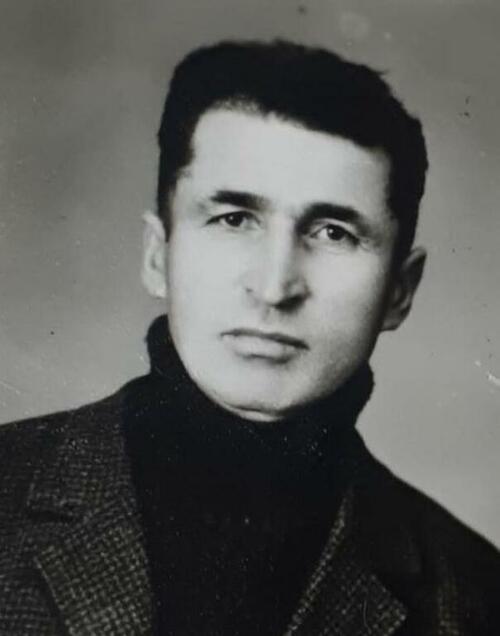To the Regional Executive Committee. Report of the representative of the Communist Party Committee, member of the Commission for the Investigation of the Status of Refugees of South Ossetia, comrade Markarov. August 24, 1920
The situation of refugees in South Ossetia is very dire. Cholera, typhus, hunger have exhausted them so much that each of them looks like animal fear, in Alagir and Salugardan the refugees are either in the yard or in the destroyed houses, and they are not paid any attention from the authorities. On the contrary, the local population is subjected to all kinds of oppression: for example, a week before our arrival, some of the refugees were evicted and they were forced to settle in an open-air forest. Here they were repeatedly attacked by gangs consisting of local residents, which was revealed by the extraordinary troika. When we arrived in Alagir, there was heavy rain, learning that the refugees were located in the forest without cover, I considered it necessary to go to the place and make sure of their situation in such weather. Together with Dr. Yevklov, we found a terrible picture surpassing the worst picture. Refugees of 12-15 people were lying right on the ground.
Each of the 4-5 patients with typhoid fever, are covered with wet rags. All refugees have a good command of the Georgian language, in which I asked them, and which also told me the following: when the refugees, squeezed by Georgian troops, surged along different roads in the direction of Alagir, a significant part were those who managed to take some that remained in the forests, in the mountains, etc. In anticipation of the outcome. The other part - those who had almost nothing, went down to the plane, hoping for emergency help from the authorities, and settled in Alagir and Salugardan, where they formed a committee that registered and distributed refugees. The committee managed to register about three hundred and fifty who went to Darg-Koch, to Ardon, Khristianovka by small groups. And as soon as there was a spontaneous influx of refugees, at the same time there were cases of cholera, the members of the Committee ran away wherever they could. Apparently, cases of cholera diseases were among the local population before the refugees were accepted, and then, due to unfavorable living conditions, the cholera assumed an epidemic character.
The attitude of the local population and authorities is so hostile that refugees prefer to return to White Guard Georgia, where they may be threatened with execution, exile, prison or starvation.
The number of refugees located in the forest without cover extends to three hundred families, not visited by anyone and not supported by anyone. Those who still have someone healthy in their families manage to get corn from the local population in exchange for their last clothes, while those who do not have healthy persons in the family are doomed to starvation. To my question to a member of the local Executive Committee Revazov about the reason for the eviction, he replied: there were no available apartments, in fact, bypassing the village, I saw many free apartments of escaped Russians and Georgians, now occupied by locals. In general, from the blabbering words of the members of the local executive committee and the doctor, I inferred the impression that they had a definite goal, to make the refugees leave, fearing that those who settled on the spot would grab part of the land and so on.
Currently, the following measures are necessary to save the physical existence of refugees: the first duty is to secure the apartments they occupy in Alagir, Salugardan, Ardon, Darg-Kokh, Khristianovka and further resettle homeless refugees in small lots in different districts in different villages. The nutritional point, in my opinion, is for the first time before they are cantonized, and then this people, as far as I know, are hardworking and will not be a burden for the state, will quickly earn a living. Already by August 23rd there were no cases of dangerous diseases, and therefore now you can begin to relocate.
(TsGA RSO-A, f. R-33, op. 1, d. 147, l. 101.)






